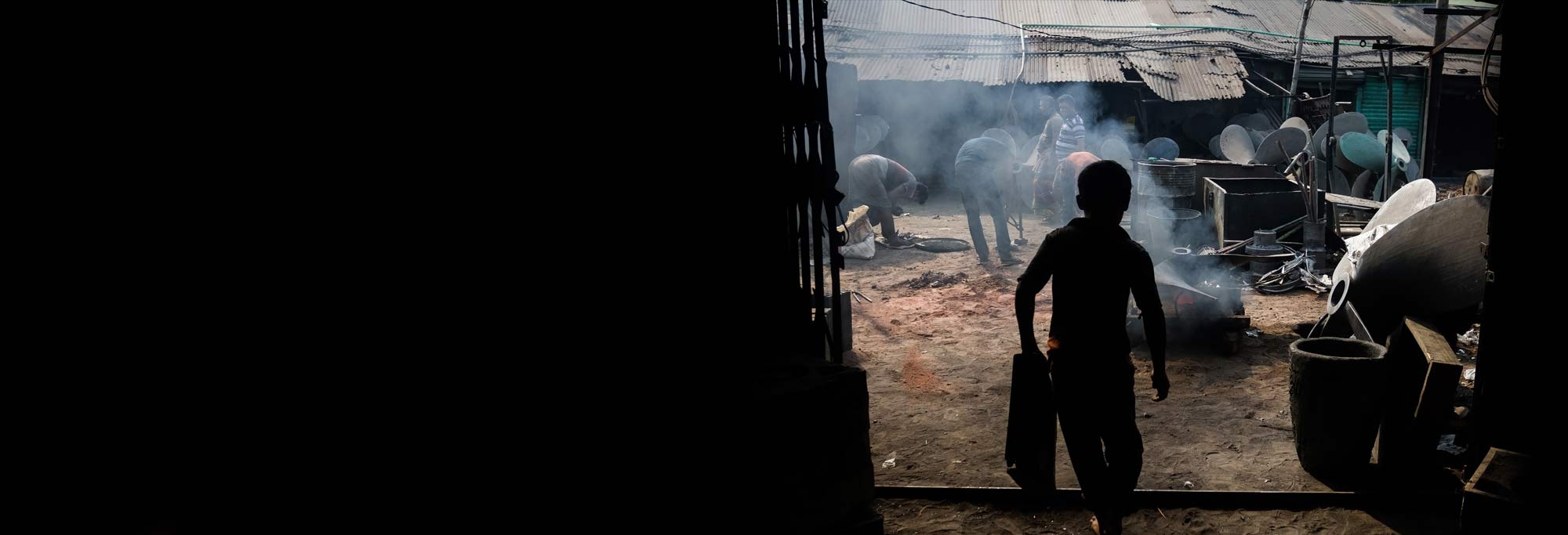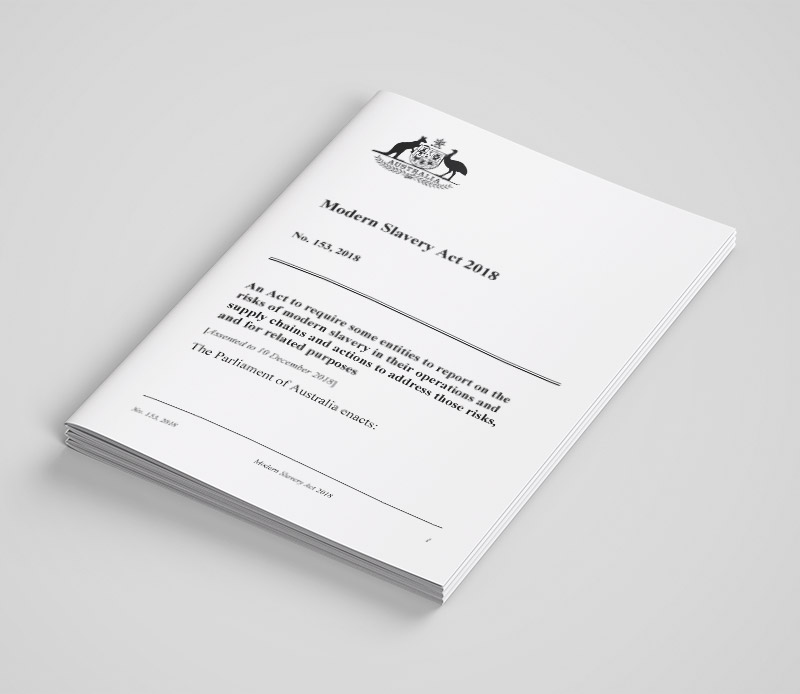
is affected by slavery.
What is slavery?
Systems of slavery
- Poverty +
- Powerlessness +
- Crime/Corruption +
- Conflict

Slavery in Australian law
- control of movement,
- control of physical environment,
- psychological control,
- measures taken to prevent or deter escape,
- force,
- threat of force or coercion,
- duration [i.e. durance],
- assertion of exclusivity,
- subjection to cruel treatment and abuse,
- control of sexuality and
- forced labour.

Obvious forms of control (such as chains) might not be used by a slave owner. These tests recognise that slavery can occur in obscure ways. Nevertheless obscure forms of control can become so extreme that a person is treated as if owned.
Why Tang’s Case is important for anti-slavery policy in Australia
In Tang’s Case (R v Wei Tang (2008) 237 CLR 1), people who were free persons came to Australia and were enslaved in this country by people who lived in Australia. They were enslaved in full view of other Australians who did not recognise what was happening and who did nothing to assist. Tang’s Case illustrates why community education is vital. Slavery Links’ broadcasts, workshops and exhibitions have been important contributions to community education.
The Hierarchy of Slavery Offences in Australian law
Australian law on slavery appears in Division 270 of the Criminal Code Act, 1995. Division 270 creates slavery offences, from debt bondage and deceptive recruiting at the least serious end, through forced labour to servitude and slavery at the most serious end. Slavery Links has illustrated how these offences form a ‘hierarchy’ in the chart at right. Division 270 also creates an offence of forced marriage.
What is so-called ‘modern slavery’?
The Commonwealth Modern Slavery Act 2018 asks large entities to investigate if three human rights abuses are present in the entity’s supply chain, and to report on this. The three human rights abuses are:
- Slavery
- Human trafficking
- The worst forms of child labour
It is not clear why the definition of ‘modern slavery’ is different from the definition of slavery in the Criminal Code and in international law. There is an obvious possibility of confusion. The Modern Slavery Act 2018 is due for a review after three years of operation. In Submissions to Parliament [HERE and HERE] Slavery Links sought to have the definitions reconciled with international law. Slavery Links also sought the appointment of an anti-slavery Commissioner, a statutory officer, who could take an independent role in monitoring and education. Slavery Links also recommended that there be penalties for non-compliance. The Senate Inquiry recommended these (and other) changes to the Bill. Regrettably the Morrison government did not accept the Senate recommendations for a Commissioner and for penalties.


